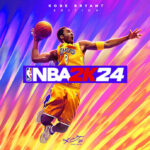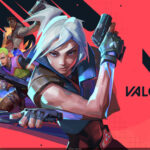Popular Now
Introduction (Opening Paragraph)
Toca Boca is widely known for its vibrant, creative games tailored for children, with Toca Life World standing out as its flagship title. Designed to encourage imagination and open-ended play, the game has captured the hearts of millions of young players around the world. However, beneath the surface of fun and freedom lies a growing problem that has sparked concern among parents, educators, and child advocates: the increasing use of in-app purchases (IAPs). As Toca Boca transitions from its original premium model to a freemium structure filled with microtransactions, questions arise about how this shift affects children’s experiences, learning outcomes, and emotional well-being. This article delves deep into that specific issue, examining how monetization practices may be shaping, limiting, and even exploiting the creativity of young players.
Body Analysis (Detailed Breakdown of Each Section)
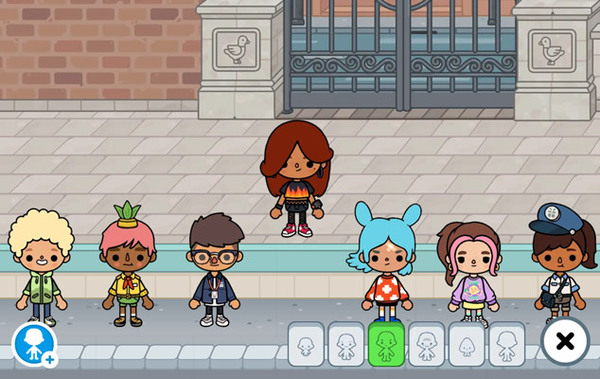 1. The Rise of In-App Purchases in Toca Boca
1. The Rise of In-App Purchases in Toca Boca
This section introduces the shift in Toca Boca's business model—from one-time paid games to a freemium model that relies heavily on microtransactions. The purpose is to show how Toca Boca evolved over time and how that evolution affects user access to content.
-
Main Point: Toca Boca moved from premium to freemium.
-
Why It Matters: This transition made the game accessible but also more monetized and potentially exploitative.
2. Psychological Triggers in IAP Design
This part focuses on how the game design itself encourages spending. It explains how colors, character expressions, and “locked” content visuals subtly persuade children to want more.
-
Main Point: Children are emotionally manipulated through design.
-
Keywords: FOMO (Fear of Missing Out), reward systems, visual cues.
-
Effect: Young players may not realize they are being persuaded to spend money.
3. Parental Dilemmas and Kid Frustration
Here, the article shifts to the emotional and financial toll on families. Parents are often pressured by their children, who feel left out or limited in gameplay. Emotional tension builds, and many parents feel they must give in.
-
Main Point: Kids beg for content, creating stress at home.
-
Real-life Impact: Parents report constant nagging or tantrums.
-
Consequence: Negative family dynamics and potential overspending.
4. How IAPs Affect Game Balance and Creativity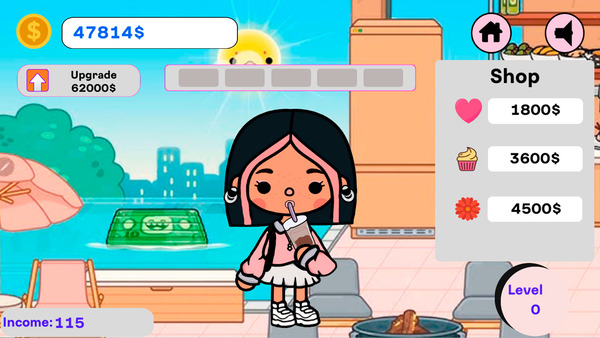
This section shows how monetization directly limits creative expression, which is ironic for a game that promotes imagination. Without paid content, many game features or storylines are simply unavailable.
-
Main Point: Creativity becomes locked behind a paywall.
-
Examples: Can't roleplay hospital scenarios without buying the hospital pack.
-
Effect: Creativity becomes conditional—not free and open.
5. Ethical Concerns with Monetizing Children’s Games
This part dives deeper into moral responsibility. Children cannot understand money the way adults do. Yet, Toca Boca places key content behind payment walls, raising ethical red flags.
-
Main Point: Monetizing children’s decisions is ethically questionable.
-
Why It’s Problematic: No age-gating, no built-in financial literacy, misleading.
-
Larger Concern: Risk of exploitation of vulnerable users.
6. The Cost Barrier to Full Gameplay
This section exposes the true cost of unlocking all content. While the game is advertised as "free," unlocking all buildings, characters, and locations could cost over $100.
-
Main Point: The “free” label is misleading.
-
Data: Detailed pricing of packs and bundles.
-
Insight: Many families cannot afford the full experience.
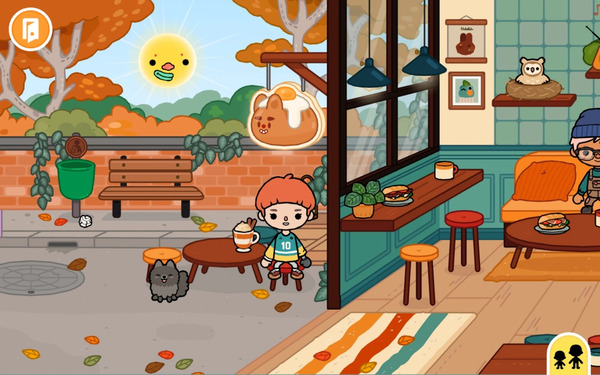 7. Comparisons to Other Kid-Centric Games
7. Comparisons to Other Kid-Centric Games
This section compares Toca Boca to competitors like Sago Mini and LEGO apps, which use friendlier pricing or subscription models. These games often offer everything for one predictable cost.
-
Main Point: Other games are more transparent and fair.
-
Advantage of Competitors: No surprises, less pressure to spend.
-
Toca Boca Weakness: Too fragmented and aggressive in monetization.
8. Community Feedback and Review Bombing
Here, the article shifts to external evidence—the opinions of actual users. App Store and Google Play reviews show a rise in 1- and 2-star ratings, with players criticizing the paywalls.
-
Main Point: Public dissatisfaction is growing.
-
Evidence: Quotes from negative reviews.
-
Impact: Erosion of trust and reputation.
9. Developer Response and the Road Ahead
This section explores how Toca Boca has responded. While they offer small free items occasionally, the article argues these are superficial solutions and do not address the deeper issue of imbalance.
-
Main Point: Developer actions are not enough.
-
What They’ve Done: Free gifts, seasonal updates.
-
Critique: These changes feel like band-aids, not long-term fixes.
10. Possible Solutions to the Monetization Problem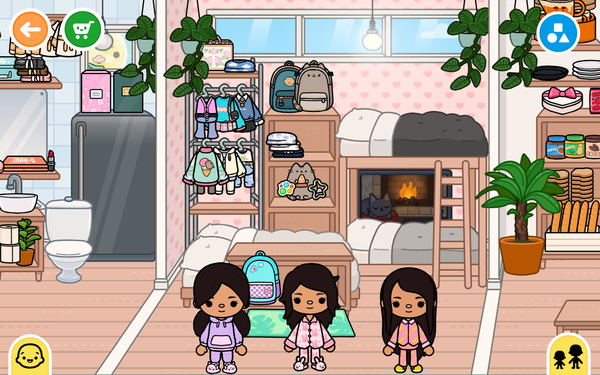
Finally, the article presents constructive alternatives, suggesting ways the company could retain revenue while becoming more ethical. Ideas include a subscription model, better bundles, or allowing children to unlock content by playing.
-
Main Point: Ethical monetization is possible and necessary.
-
Proposed Solutions:
-
One-time unlock options
-
Subscription access
-
In-game earning system
-
Conclusion of Body: The company can change—if it chooses to value fairness as much as profit.
Conclusion
The problem of in-app purchases in Toca Life World shines a spotlight on the difficult balance between sustainable game development and ethical responsibility. While monetization is a necessary part of maintaining a digital product, especially one with such artistic scope, it should never come at the cost of children’s enjoyment, equity, or emotional health. Toca Boca’s current approach risks alienating its core audience by tying creativity and exploration to a paywall. Moving forward, it is crucial that developers reassess how they design for kids—not just in terms of gameplay, but also how they earn trust, promote fairness, and protect young minds. Only then can Toca Life World return to being what it was always meant to be: a world for every child, not just the ones who can afford it.




